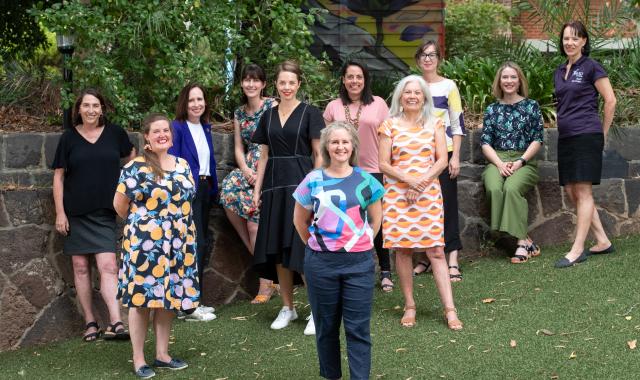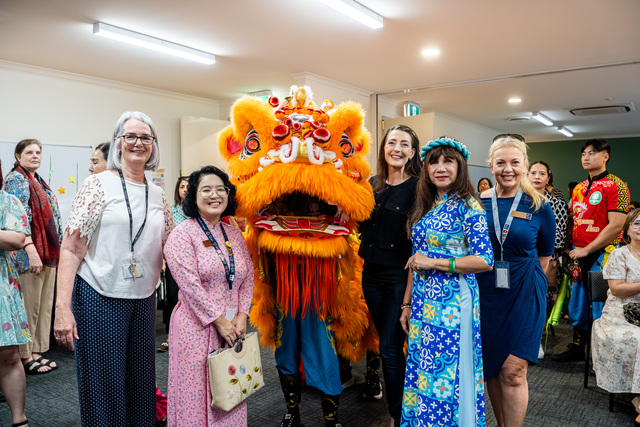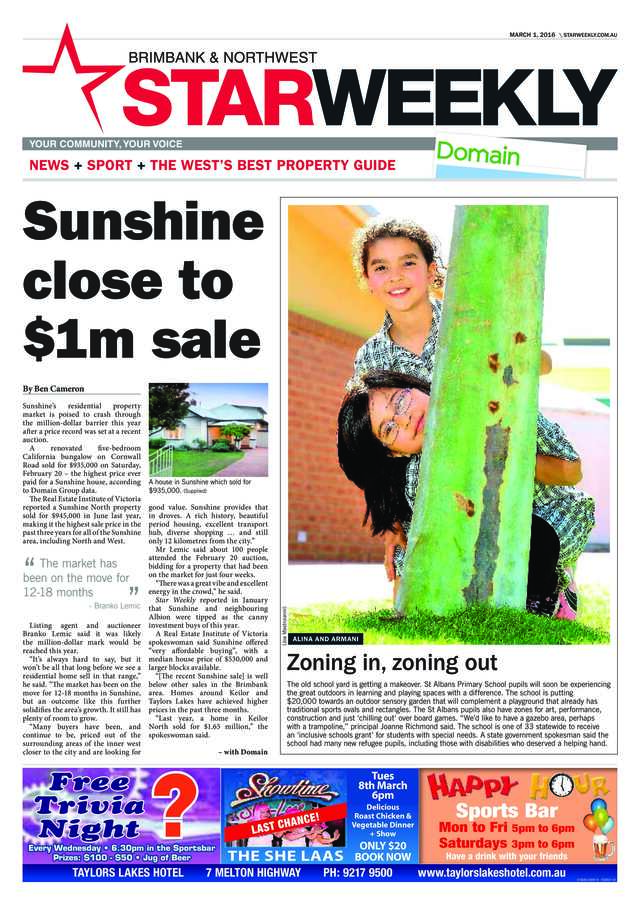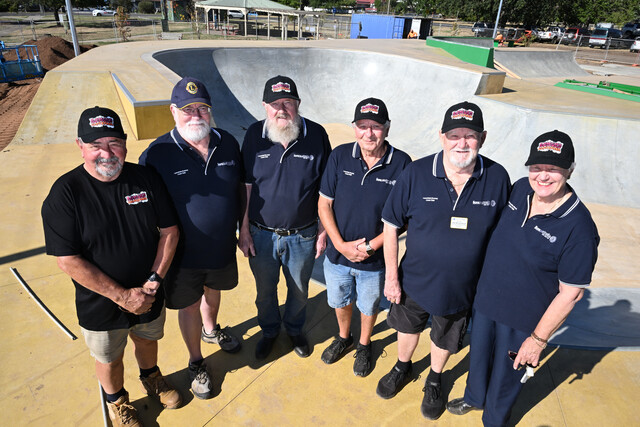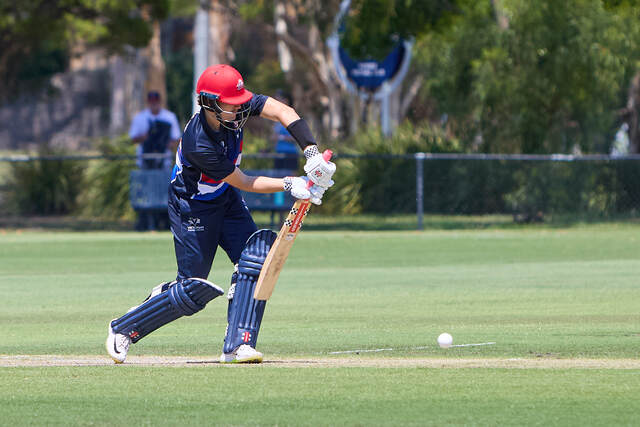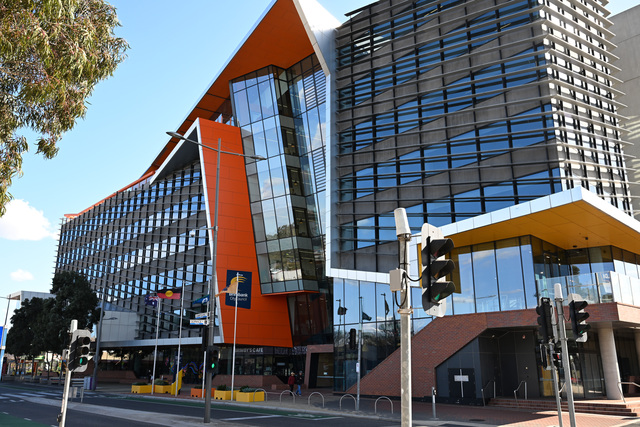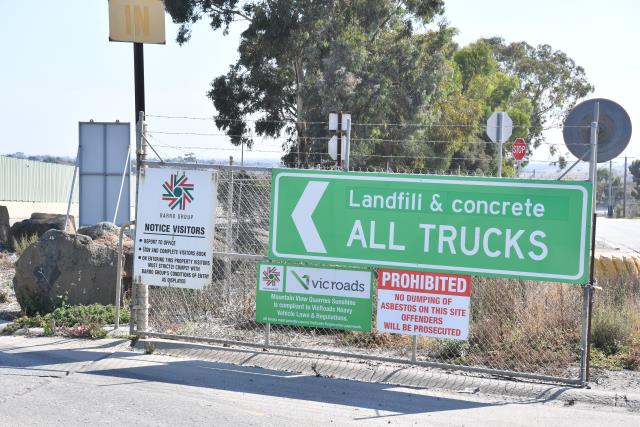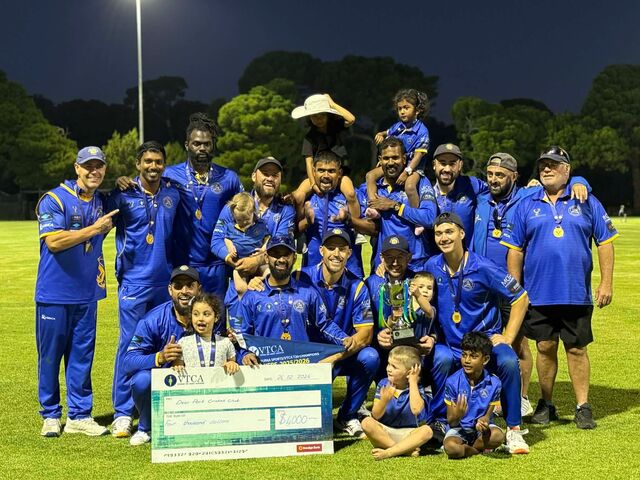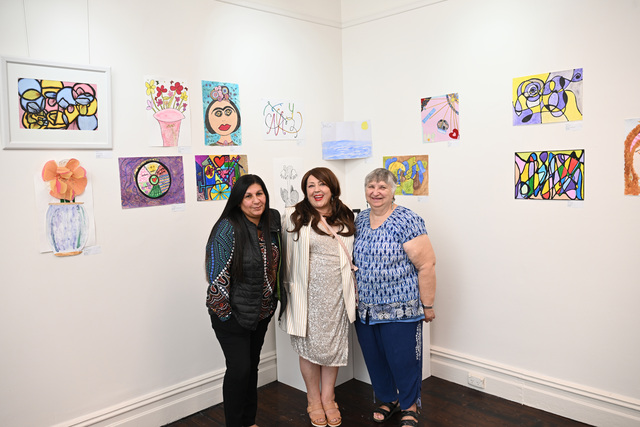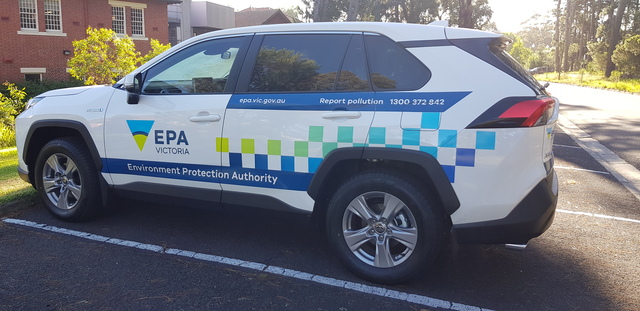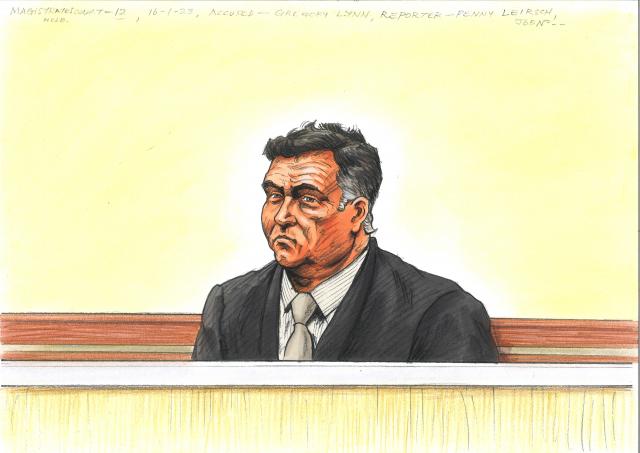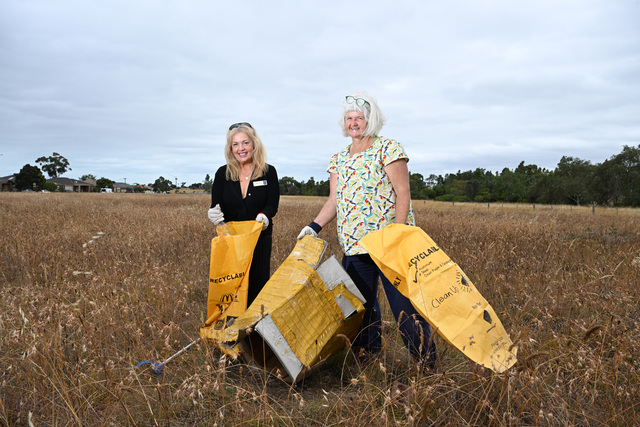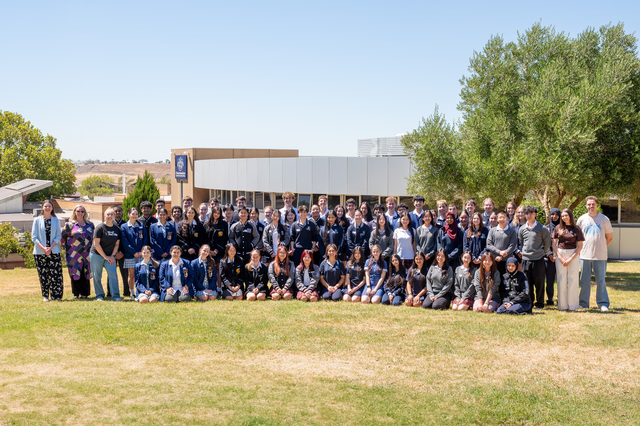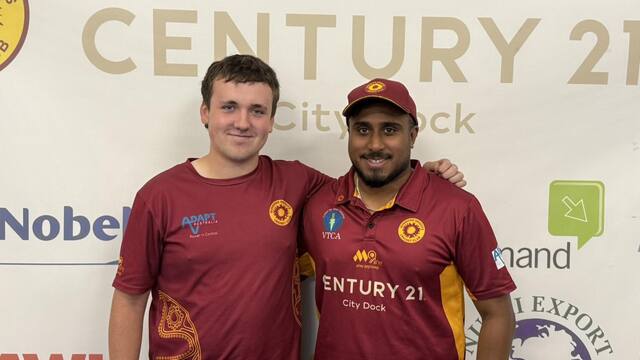This year’s International Women’s day has shined a light on the Victoria University RISE initiative which has 43 female researchers working on ways to create a sustainable future for the west.
The research has been conducted through four innovation hubs, including Stronger Communities, Education, Jobs and Skills and Sustainable Futures.
The hubs were awarded $22 million of research funding from the state government to work with industry, community and government in the west.
Researchers and the hubs aim to create solutions and deliver impacts that will support the region’s response to today’s challenges through 16 different projects.
Stronger Communities Hub’ lead researcher and Institute for Health and Sport executive director, Profesor Alex Parker, said the program will aim to deliver outcomes to help the community recover from the pandemic.
“The VU RISE program aims to use innovative research projects to help drive the post-pandemic economic recovery, build resilience and boost skills and jobs in Melbourne’s west,” Professor Parker said.
“Victoria University is delivering research with impact through our VU RISE innovation, ensuring that outcomes benefit the communities that we serve.
“We’re working with industry, education and healthcare partners to support the west of Melbourne to recover, grow and thrive post-COVID.”
The upcoming International Women’s Day was also a good opportunity for the program to raise awareness of the issues surrounding gender equality.
“Women researchers have faced particular workload challenges including additional parental and extended family caring responsibilities during lockdown periods, managing the very tricky balance of remote schooling and working, and putting on hold most of our research that works directly with people,” Professor Parker said.
“As we celebrate International Women’s Day, our women researchers are leading several of the VU RISE projects, helping to #BreakTheBias with our inclusive and equitable approaches to working with communities and partners in the west of Melbourne.”
Institute for Sustainable Industries and Liveable Cities research co-ordinator Brett Woods spoke about one of the project’s aims.
“Our gender equality project is an applied and transformational research project, working alongside industry and community in the West of Melbourne to promote safe, respectful, diverse and inclusive working environments and learning settings.
“This project supports two of the broader aims of VU RISE – to create educational and employment opportunities in the west.
“Our project is action research; we’re coming alongside communities – not as experts in an ivory tower – but as partners, facilitating spaces for communities themselves to identify and implement solutions to create meaningful, sustainable cultural change to make the West a better place to work, study and live for all people.”
The researchers look forward to sharing the findings and impacts of this research in the future.
Ms Woods who is also the College of Law and Justice sessional lecturer said the project has allowed young women to develop their careers.
“Just as Victoria University seeks to invest in the communities where we work and live in the West, VU RISE has also allowed young women and early career researchers, like me, to be mentored and given opportunities to develop our skills and build networks to allow us to contribute to our communities in the West into the future,” she said.
“VU RISE has created new opportunities for young women, like me, to be employed to work on projects that are transformational and connected to industry and community.
“Through VU RISE, I’ve been mentored by wonderful senior colleagues who have generously shared their knowledge and created opportunities for me to develop as an early career researcher.”

